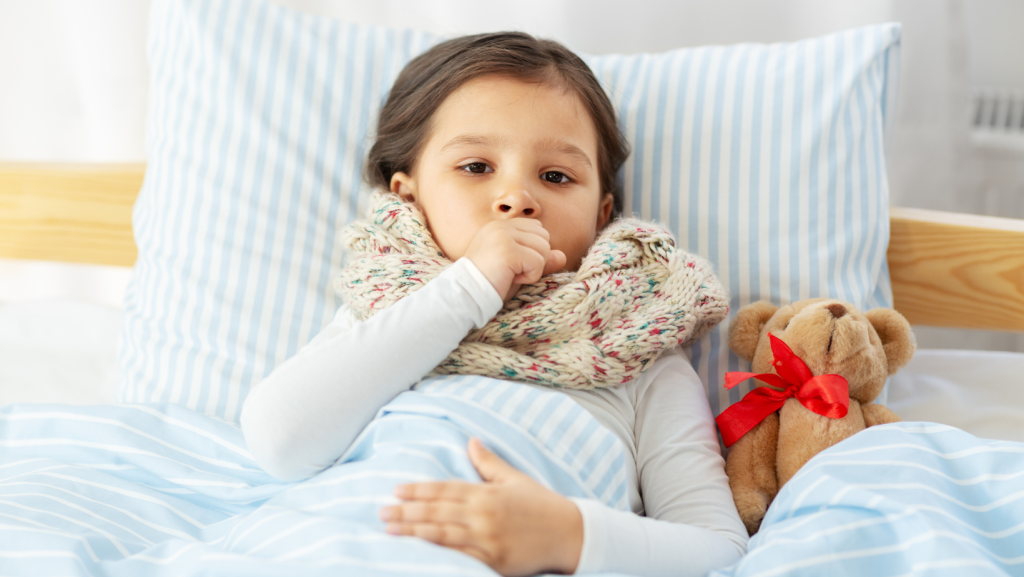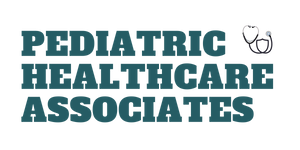Bronchiolitis – RSV: Symptoms and Care

Bronchiolitis caused by Respiratory Syncytial Virus (RSV) is a common yet potentially serious viral infection that primarily affects infants and young children. This condition occurs when the small airways in the lungs become inflamed and filled with mucus, leading to symptoms such as wheezing, difficulty breathing, persistent coughing, congestion, and fever. In severe cases, the swelling of the airways can make it increasingly difficult for a child to breathe, requiring immediate medical intervention. Pediatric clinics in Altoona often see a rise in cases of bronchiolitis-RSV during colder months, as the virus spreads more easily in daycare centers, preschools, and other group settings where children are in close contact.
RSV is highly contagious and can spread through airborne respiratory droplets, contaminated surfaces, or direct contact with an infected person. While older children and adults may experience mild cold-like symptoms, younger children—especially infants under the age of two—are at a much higher risk of developing severe bronchiolitis. Premature babies, children with weakened immune systems, and those with underlying respiratory conditions like asthma are particularly vulnerable to complications from RSV.
For most children, RSV infections are mild and resolve on their own within a week or two. However, in some cases, RSV can progress to bronchiolitis, a condition that causes the small airways in the lungs (bronchioles) to swell and become blocked, making it difficult for oxygen to reach the lungs. Severe cases of bronchiolitis can lead to dehydration, low oxygen levels, and, in some cases, hospitalization. Pediatric clinics in Altoona play a crucial role in diagnosing and managing RSV infections, providing parents with guidance on how to care for their child at home and when to seek further medical attention.
Recognizing the symptoms of RSV and bronchiolitis early can make a significant difference in a child’s recovery. Parents should watch for warning signs such as labored breathing, flaring nostrils, wheezing, bluish skin or lips (indicating a lack of oxygen), difficulty feeding, and extreme fatigue. If a child is struggling to breathe, not drinking enough fluids, or showing signs of dehydration, seeking immediate medical care is necessary. In such cases, a visit to one of the pediatric clinics in Altoona can ensure that proper evaluation and treatment are administered.
Treatment for RSV and bronchiolitis is mainly supportive, as antibiotics are ineffective against viral infections. Parents can help alleviate symptoms by keeping their child hydrated, using a cool-mist humidifier to ease breathing, suctioning nasal mucus to clear airways, and ensuring adequate rest. In severe cases, hospitalization may be required to provide oxygen therapy, IV fluids, or other respiratory support.
Preventing the spread of RSV is crucial in protecting young children from severe infections. Good hygiene practices, such as frequent handwashing, disinfecting commonly touched surfaces, avoiding close contact with sick individuals, and keeping infants away from crowded places during peak RSV season, can help reduce the risk of infection. Certain high-risk infants may also benefit from preventive medications, which a pediatrician can recommend.
By staying informed and taking preventive measures, parents can help protect their children from the complications of RSV and bronchiolitis. For any concerns about respiratory infections, seeking professional care at pediatric clinics in Altoona ensures that children receive timely and effective treatment, promoting a safer and healthier recovery.
The infection can be treated at home but may become severe after a certain period. The following symptoms may require immediate medical attention by a pediatrician for the child:
- Severe trouble breathing (struggling for each breath, can barely speak or cry)
- Passed out or stopped breathing
- Lips or face are bluish when not coughing
- You think your child has a life-threatening emergency
- Your child looks like they did when hospitalized before with bronchiolitis
- Ribs are pulling in with each breath (called retractions)
- Not alert when awake ("out of it")
- Trouble breathing, but not severe
- Lips or face have turned bluish, but only during coughing
- New harsh sound with breathing in (called stridor)
- Wheezing (purring or whistling sound) is worse than when seen
- Breathing is much faster than when seen
- Dehydration suspected. No urine in more than 8 hours, dark urine, parched mouth, no tears.
- High-risk child (such as chronic lung disease) and getting worse
- Fever over 104° F (40° C)
- Your child looks or acts very sick
- You think your child needs to be seen, and the problem is urgent
The above symptoms are severe, but milder symptoms can be nursed at home or may not require medical attention. The milder symptoms include:
- Fever returns after being gone more than 24 hours
- You think your child needs to be seen, but the problem is not urgent
- Coughing causes vomiting three or more times
- Mild wheezing sounds last more than seven days
- Cough lasts more than three weeks
It is essential to be aware of the symptoms of RSV and bronchiolitis in young children so that you can know when to seek medical attention. If your child has any of the symptoms mentioned above, please take them to a doctor as soon as possible. Early diagnosis and treatment are crucial to prevent further complications from these illnesses.
Disclaimer: This health information is for educational purposes only. You, the reader, assume full responsibility for how you choose to use it.
Citation/References:







